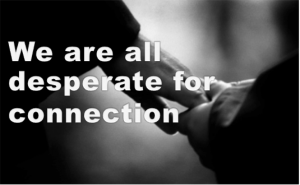The Truth About Attraction: The Chemistry of Love – STMPodcast #7
https://savethemarriage.com/stmblog/wp-content/themes/corpus/images/empty/thumbnail.jpg 150 150 Lee H. Baucom, Ph.D. Lee H. Baucom, Ph.D. https://secure.gravatar.com/avatar/669b7e375d93f77521ddaba08adb8063?s=96&d=blank&r=pgDo you know the truth about attraction — why some relationships feel charged with attraction and others don’t?
Do you know the primary shift that happens in a marriage?
Do you know how to use that shift to your advantage, instead of your detriment.
Join me as I interview Bob Grant, an expert in this question.
Podcast: Play in new window | Download
Subscribe: RSS


